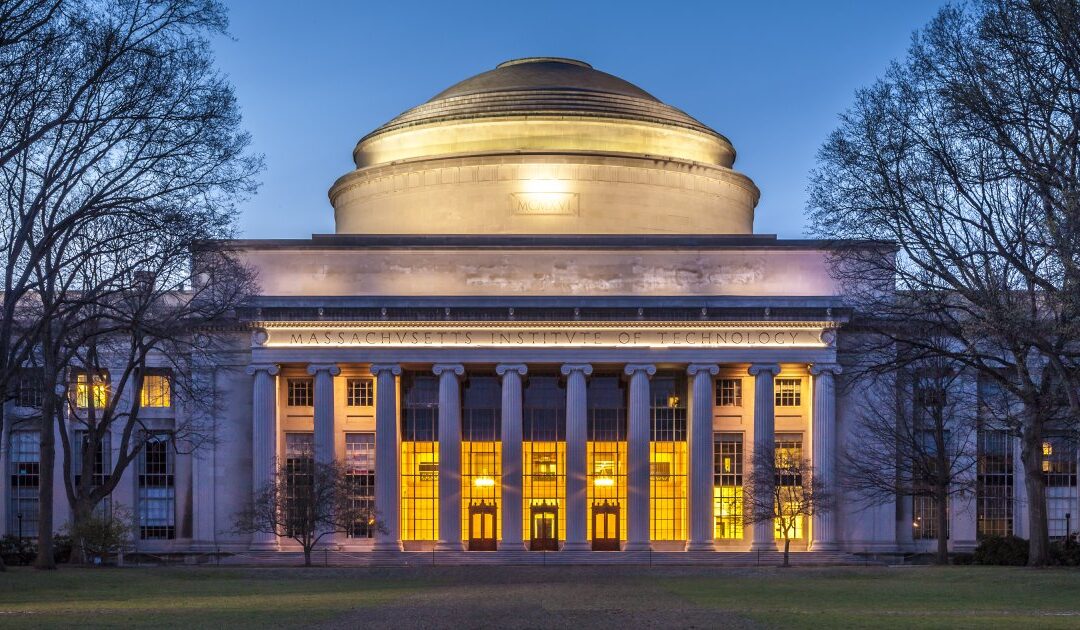I firmly believe that there are certain things in life that you automatically say Yes to. You do not ask questions or pause to consider context. You simply say Yes:
- Painkillers after a medical procedure
- Warm blankets
- The opportunity to listen to brilliant people talk about things that fascinate them.
So, when asked if I would like to attend an Executive Briefing curated by MIT’s Industrial Liaison Program, I did not ask questions or pause to check my calendar. I simply said Yes.
I’m extremely happy that I did because what I heard blew my mind.
Lean is the enemy of learning
When Ben Armstrong, Executive Director of MIT’s Industrial Performance Center and Co-Lead of the Work of the Future Initiative, said, “To produce something new, you need to create a lot of waste,” I nearly lept out of my chair, raised my arms, and shouted “Amen brother!”
He went on to tell the story of a meeting between Elon Musk and Toyota executives shortly after Musk became CEO. Toyota executives marveled at how quickly Tesla could build an EV and asked Musk for his secret. Musk gestured around the factory floor at all the abandoned hunks of metal and partially built cars and explained that, unlike Toyota, which prided itself on being lean and minimizing waste, Tesla engineers focused on learning – and waste is a required part of the process.
We decide with our hearts and justify with our heads – even when leasing office space
John E. Fernández, Director of MIT’s Environmental Solutions Initiative, shared an unexpected insight about selling sustainable buildings effectively. Instead of hard numbers around water and energy cost savings, what convinces companies to pay the premium for Net Zero environments is prestige. The bragging rights of being a tenant in Winthrop Center, Boston’s first-ever Passive House office building, gave developers a meaningful point of differentiation and justified higher-than-market-rate rents to future tenants like McKinsey and M&T Bank.
49% of companies are Silos and Spaghetti
I did a hard eye roll when I saw Digital Transformation on the agenda. But Stephanie Woerner, Principal Research Scientists and Executive Director for MIT’s Center for Information Systems Research, proved me wrong by explaining that Digital Transformation requires operational excellence and customer-focused innovation.
Her research reveals that while 26% of companies have evolved to manage both innovation and operations, operate with agility, and deliver great customer experiences, nearly half of companies are stuck operating in silos and throwing spaghetti against the wall. These “silo and spaghetti companies” are often product companies rife with complex systems and processes that require and reward individual heroics to make progress.
What seems like the safest option is the riskiest
How did 26% of companies transform while the rest stayed stuck or made little progress? The path forward isn’t what you’d expect. Companies that go all-in on operational excellence or customer innovation struggle to shift focus and work in the other half of the equation. But doing a little bit of each is even more risky because the companies often wait for results from one step before taking the next. The result is a never-ending transformation slog that is eventually abandoned.
Academia is full of random factoids
They’re not random to the academics, but for us civilians, they’re mainly helpful for trivia night:
- 50% of US robots are used in the automotive industry
- <20% of manufacturing job descriptions require digital skills (yes, that includes MS Office)
- Data centers will account for 8-21% of global energy demand by 2030
- Energy is 10% of the cost of running a data center but 90% of the cost of mining bitcoin
- Cities take up 3% of the earth’s surface, contain 33% of the population, account for 70% of global electricity consumption, and are responsible for 75% of CO2 emissions
Why say Yes
When brilliant people talk about things they find fascinating, it’s often because those things challenge conventional wisdom. The tension between lean efficiency and innovative learning, the role of emotion in business decisions, and the risks of playing it too safe all point to a fascinating truth: sometimes the most counterintuitive path forward is the most successful.
How have you seen this play out in your work?
